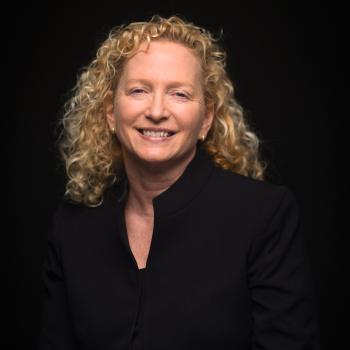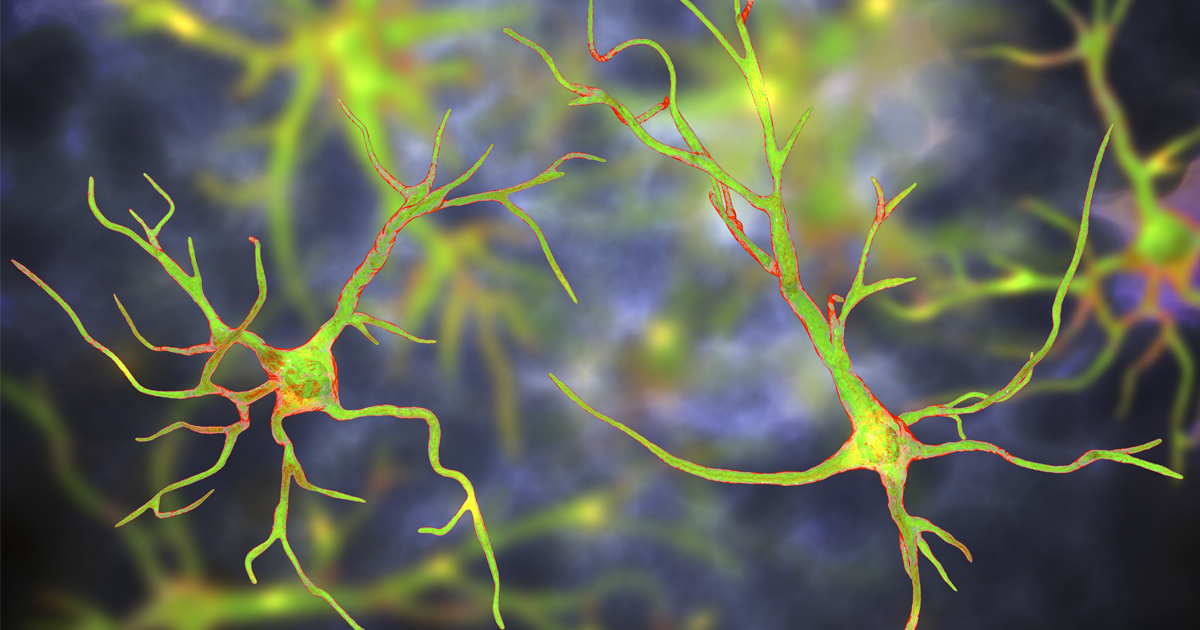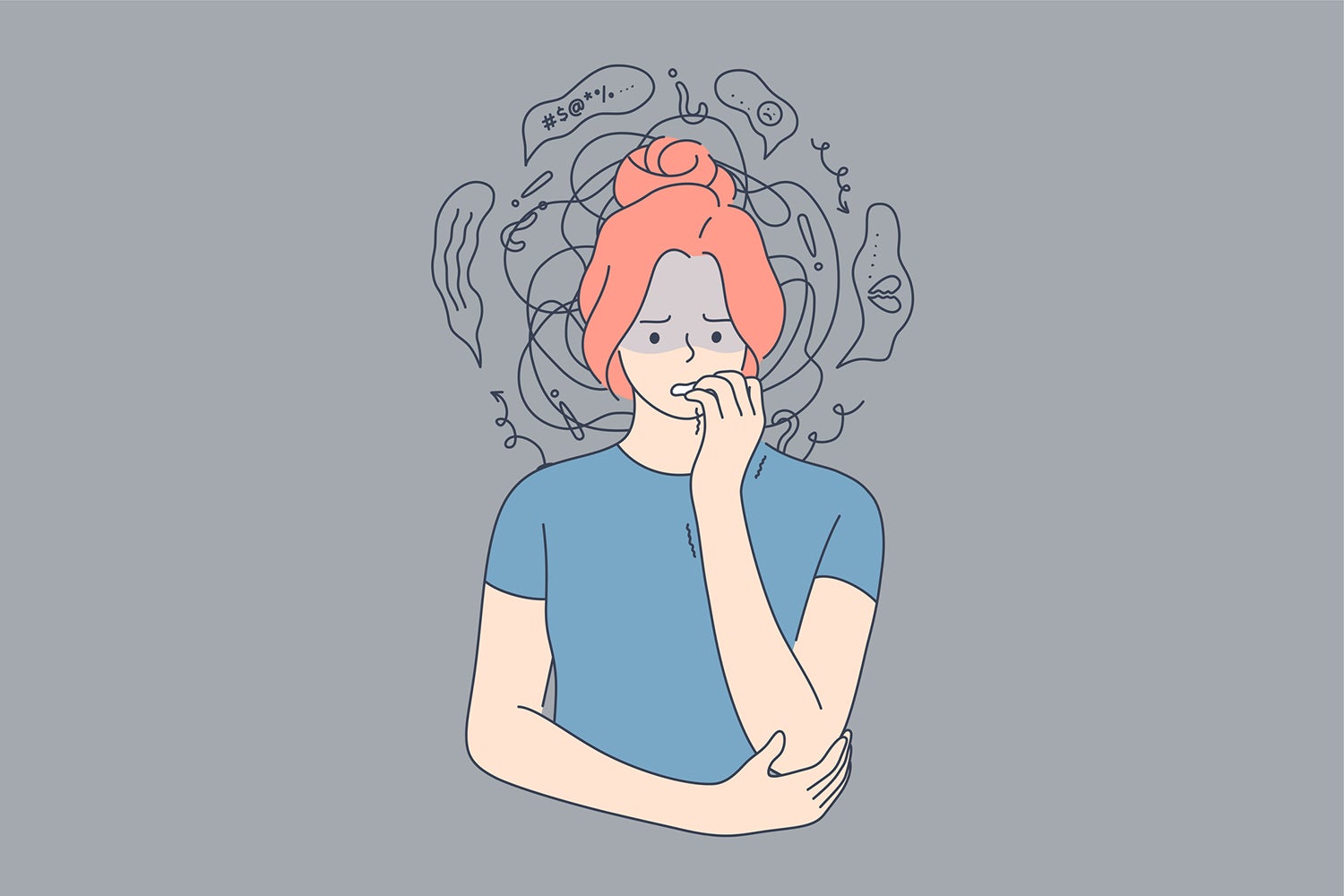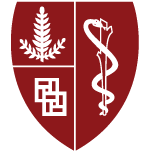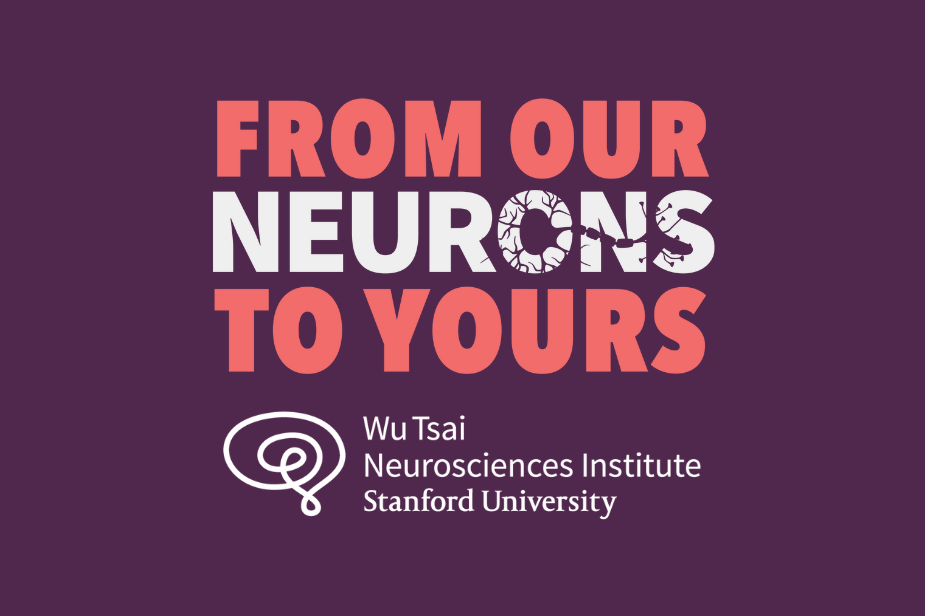News Mentions for the week of February 19, 2024
Our faculty often provide insight on current events and topics in the news.
Explore some of the articles that they have contributed to or been quoted in recently below.
- The American College of Psychiatrists
The American College of Psychiatrists announces their Distinguished Service Award
Laura Roberts, Chairman and Katharine Dexter McCormick and Stanley McCormick Memorial Professor, has been selected as the recipient of the 2024 Distinguished Service Award from The American College of Psychiatrists. This award recognizes significant achievements and leadership in the field of psychiatry. Congratulations, Dr. Roberts!
- Chan Zuckerberg Initiative
CZI Neurodegeneration Challenge Network Projects
The Chan Zuckerberg Initiative recently announced the newly funded round of Neurodegeneration Challenge Network (NDCN) Projects. NDCN brings together experimental scientists from diverse research fields, along with computational biologists and physicians, to accelerate fundamental neuroscience and neurodegenerative disease research that leads to an in-depth understanding of healthy brain function and the development of new strategies for treatment and prevention of neurodegenerative disorders. Congratulations to Luis de Lecea, professor of psychiatry and behavioral sciences, recipient of a Collaborative Pairs Pilot Project Award with colleague Nara Muraro, PhD.
- American Medical Association
Top 10 physician specialties with the highest rates of depression
Adverse childhood experiences such as emotional abuse or living with someone who has a substance-use disorder have been linked to multiple adverse health outcomes, including higher risk of depression and burnout. That’s as true for physicians as it is for the general population. Now researchers are shedding light on the impact of the adverse experiences that physicians have in practicing medicine, dubbed “adverse occupational experiences.” Mickey Trockel, professor of psychiatry and behavioral sciences, provides comment.
- AP News
San Francisco wants to offer free drug recovery books at its public libraries
The most stolen books from San Francisco public libraries' shelves are those about recovering from addiction. Now, city officials want to provide universal access to free drug recovery books, including Alcoholics Anonymous’ 12-step recovery book. Keith Humphreys, the Esther Ting Memorial professor of psychiatry and behavioral sciences, provides comment.
- Stanford News
Emerging issues that could trouble teens
Vicki Harrison, program director of the Stanford Center for Youth Mental Health and Wellbeing, explains the forces impacting youth mental health today, and why it’s so important to involve teens in solutions.
- News Center - Stanford Medicine
Stanford Medicine study identifies distinct brain organization patterns in women and men
Stanford Medicine researchers have developed a powerful new artificial intelligence model that can distinguish between male and female brains. Vinod Menon, the Rachael L. and Walter F. Nichols, MD, professor of psychiatry and behavioral sciences, and colleagues Srikanth Ryali, senior research scientist, and Yuan Zhan, academic staff researcher, are featured.
- The Globe and Mail
A surge in open drug use has sparked difficult debates in cities across Canada
The spread of open drug use is shocking for many Canadians and is part of a deepening dispute about how to combat the overdose epidemic. Keith Humphreys, the Esther Ting Memorial professor of psychiatry and behavioral sciences, is quoted.
- Wu Tsai Neurosciences Institute
From Our Neurons to Yours: OCD and Ketamine
Carolyn Rodriguez, professor of psychiatry and behavioral sciences, discusses the neuroscience of OCD and why ketamine might lead to new treatments.
- Wu Tsai Neurosciences Institute
From Our Neurons to Yours Podcast: Why we do what we do
Neir Eshel, assistant professor of psychiatry and behavioral sciences, discusses our misunderstanding of the brain's so-called "pleasure chemical" and asks us to consider the difference between 'liking' and 'wanting.'
